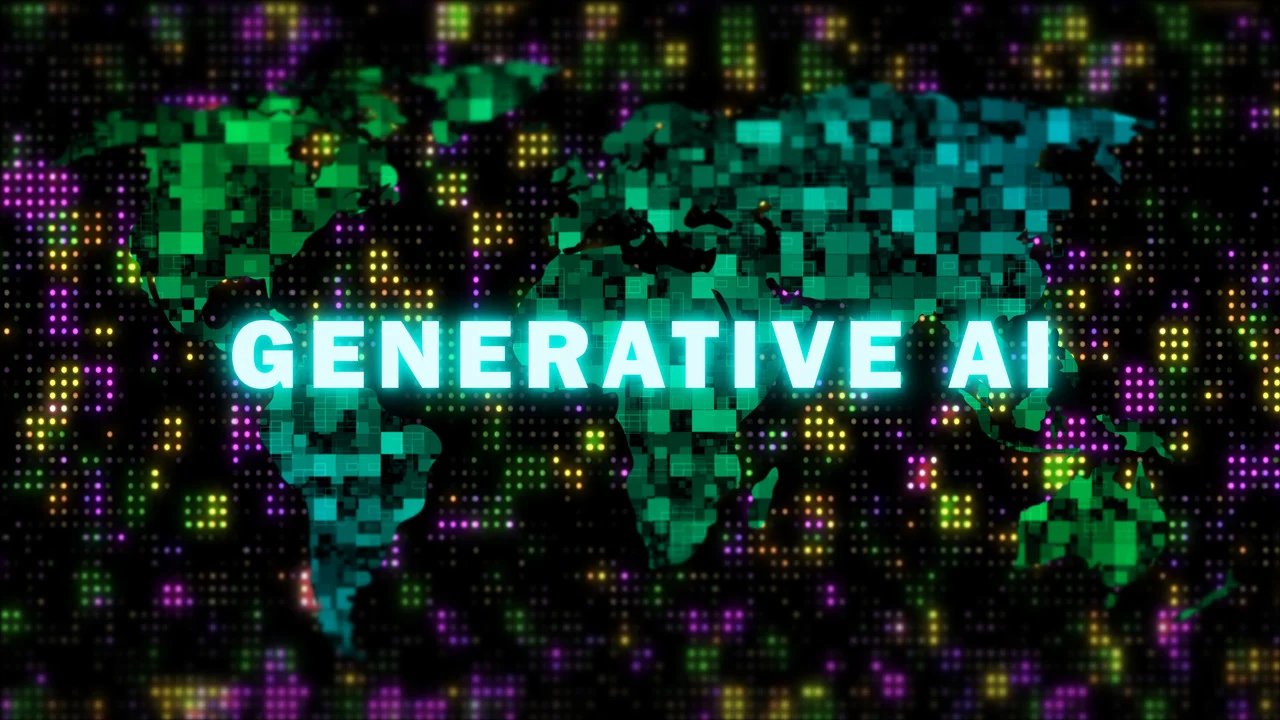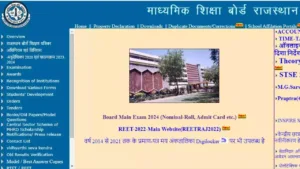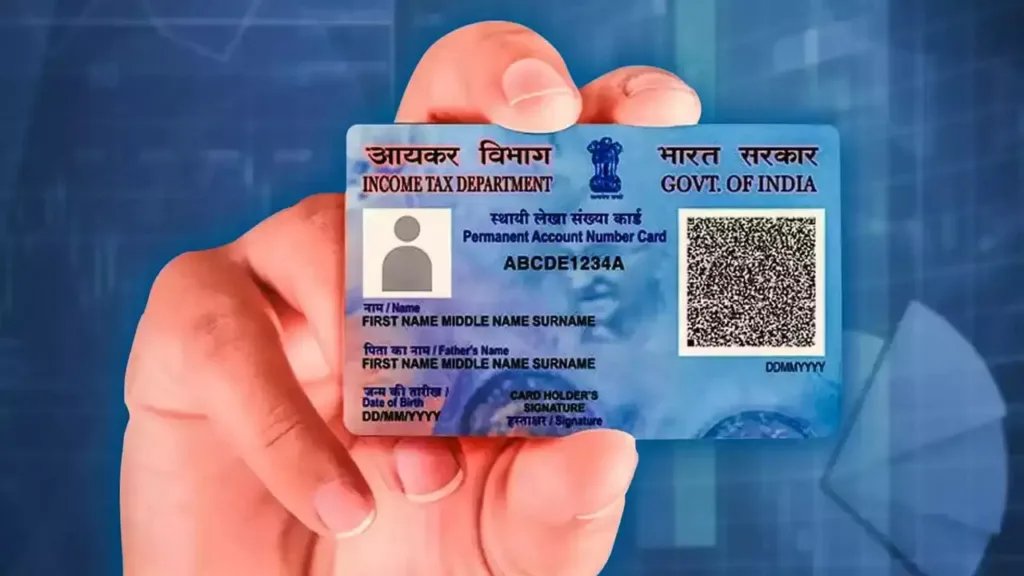Generative artificial intelligence (GenAI), also known as generative AI or GAI, is a rapidly evolving field within AI that’s turning heads and sparking conversations. But what exactly is it, and what potential does it hold?
At its core, GenAI revolves around the ability of machines to create new data, often mimicking existing patterns or styles. Think of it as AI graduating from analyzing and interpreting information to actually generating it. This includes text, images, music, and even code, all based on the AI’s understanding of the underlying rules and structures.
From Pixels to Prose:
Imagine feeding a GenAI model a vast dataset of paintings and asking it to create a new masterpiece. It analyzes brushstrokes, color palettes, and compositional techniques, then paints its own unique work. Similarly, GenAI can generate realistic images of people who never existed, compose music in specific genres, or even write articles or poems in different styles.
The Applications Are Limitless:
The potential applications of GenAI are vast and diverse. In design, it can create custom graphics, product mockups, or even generate entire marketing campaigns. In medicine, it can help develop new drugs by simulating molecular interactions, or personalize treatment plans based on individual patient data. In entertainment, it can write scripts, compose soundtracks, or even generate personalized storylines for video games.
Ethical Considerations and the Future:
Despite its exciting possibilities, GenAI also raises ethical concerns. The ability to create realistic deepfakes, for example, can be misused for misinformation or propaganda. Biases in training data can lead to discriminatory outputs, and the question of ownership of AI-generated creations remains unsettled.
Therefore, responsible development and deployment of GenAI are crucial. We need clear guidelines to ensure its use for good, mitigate potential harms, and address issues like data privacy and intellectual property.
Looking Ahead:
Despite the challenges, the future of GenAI looks bright. As research progresses and ethical frameworks are established, we can expect even more powerful and sophisticated models. GenAI has the potential to revolutionize various industries, democratize creative expression, and even push the boundaries of what we consider “art.”
However, it’s important to remember that GenAI is a tool, not a replacement for human creativity or judgment. We must use it responsibly and thoughtfully to ensure it benefits society as a whole.














